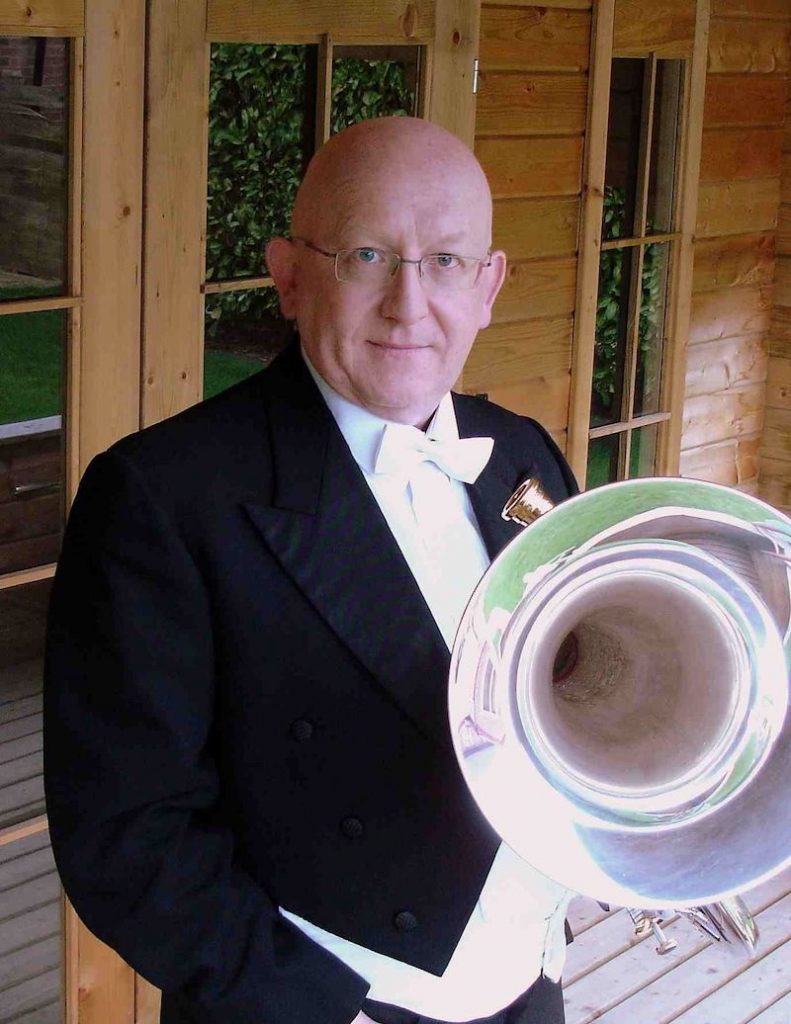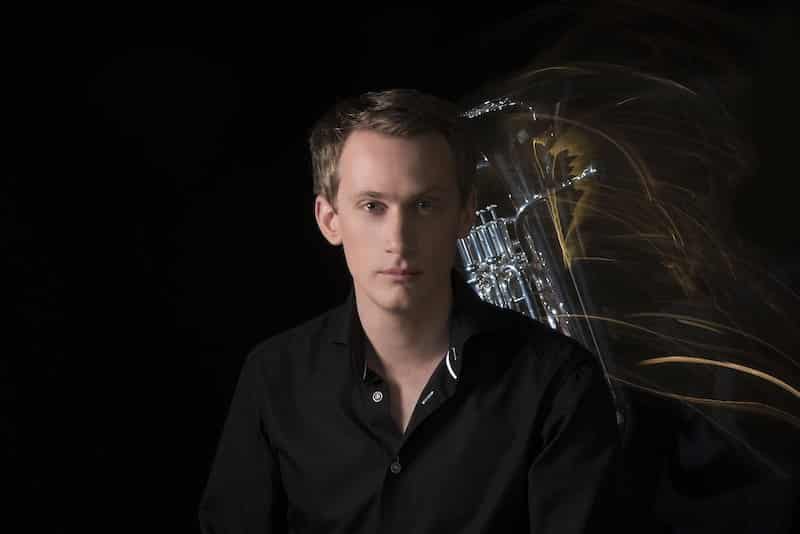When it comes to orchestral instruments, the euphonium is probably one of the less popular. It doesn’t have as big a sound as other brass instruments, and it can be hard for people to play due to its odd shape. But, there are some famous euphonium players who have made their mark on this great instrument.
In this post, we’ll take a look at the lives and careers of these 13 famous euphoniumists.
1. David Childs
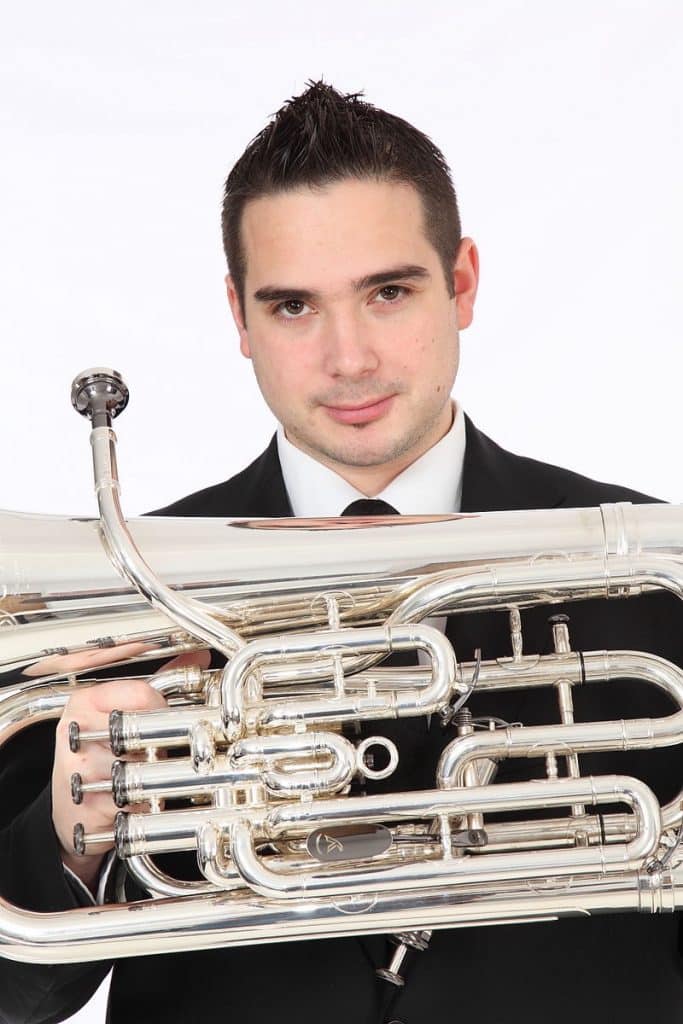
David Childs is the third generation in a family full of virtuoso euphonium players.
John Childs, David’s grandfather, was a well-known euphonium player, as were his sons, Robert and Nicholas, David’s father and uncle.
David began studying with his father at an early age and was as prodigious as the other Childs euphonium players.
He became the first euphonium soloist to win the brass final of the BBC Young Musician of the Year competition in 2000 and went on to win his first Euphonium Player of the Year title in 2004.
David has toured extensively as a soloist throughout Australia and New Zealand, the United States, Europe, and Asia.
In addition to appearances with numerous orchestras, David has received nearly as many awards for his technical skill and creativity as a euphonium player.
2. Steven Mead
English euphonium virtuoso and soloist Steven Mead is known worldwide as one of the most recorded solo brass artists.
With over 65 albums and numerous publications, Mead has undoubtedly expanded the euphonium as an instrument with his expertise.
Mead has performed as a soloist with numerous symphony orchestras worldwide and the leading military bands in the world.
Today, he performs over 75 solo performances a year, touring almost constantly.
In addition to being a performing and recording artist, Mead is widely known as an educator and has taught many successful musical professionals.
He is responsible for the formation of the first euphonium masterclasses in several countries across Europe and Asia.
3. Demondrae Thurman
Demondrae Thurman is a euphonium soloist, educator, conductor, and chamber musician known worldwide for his signature sound.
His performing career includes time with the Philadelphia Big Brass, Dallas Brass, and Sotto Voce Quartet.
Thurman has released three recorded albums, including his latest release, Snapshots, which the Global Music Awards gave the silver medal for Best Album.
Today, he serves as Professor of Music at Indiana University, a role created specifically for his expertise in euphonium.
4. Nicholas Childs
Welsh musician and brass educator Nicholas Childs, son of well-known Euphonium player John Childs, began playing the baritone horn at a young age and soon took up the euphonium.
He and his brother Robert debuted at Royal Albert Hall as “the Childs Brothers” and began touring internationally.
As a euphonium soloist, Nicholas has won over a dozen national and international championships and performed with multiple brass bands.
He’s best known as a composer and educator, having founded the Yorkshire Youth Brass Band, and served as director of the National Children’s Brass Band of Great Britain since 2006.
He’s received multiple academic awards as an educator.
Today, Nicholas is the conductor and music director for the Black Dyke Band.
5. Rich Matteson
American jazz artist Rich Matteson performed several instruments with multiple bands but is best known as a music educator and bandleader.
His primary instrument was euphonium, among all the instruments he could play – brass trumpet, valve trombone, tuba, Helicon, and piano.
Matteson performed in Vegas with Bob Scobey and the Dukes of Dixieland before conducting the Brothers Castro Big Band in Mexico City.
He taught at the University of North Texas and University of North Florida and founded the Matteson-Phillips Tubajazz Consort with tuba player Harvey Phillips in 1976.
In 2000, Matteson was inducted into the Jacksonville Jazz Festival Hall of Fame.
6. David Werden
David Werden is best known for his 26 years as the euphonium soloist with the United States Coast Guard Band, performing worldwide.
He has received two Achievement Medals from the Coast Guard and several other military awards and commendations for his service.
Werden is also an accomplished writer, published in multiple magazines and his independent works.
He is the co-author of the Euphonium Music Guide and Euphonium Excerpts from the Standard Band and Orchestral Library and author of The Blaikley Compensating System.
7. Brian Bowman
American euphonium virtuoso Brian Bowman was born in Fort Dodge, Iowa.
After earning his bachelor’s and master of music degrees, he served as a euphonium soloist, first for the United States Navy Band and then for the United States Armed Forces Bicentennial Band.
Bowman next earned his doctor of musical arts and completed his military career with the United States Air Force Band until 1991.
He would go on to be the first euphonium soloist to perform a recital at Carnegie Hall and the first guest euphonium artist to appear at the Leonard Falcone International Tuba and Euphonium Festival.
Bowman is also responsible for the evolution of the euphonium, both in its musical understanding and its physical form.
He was the first euphonium player to serve as president of the International Tuba Euphonium Association and has consulted with instrument companies to develop new parts.
8. Arthur Lehman
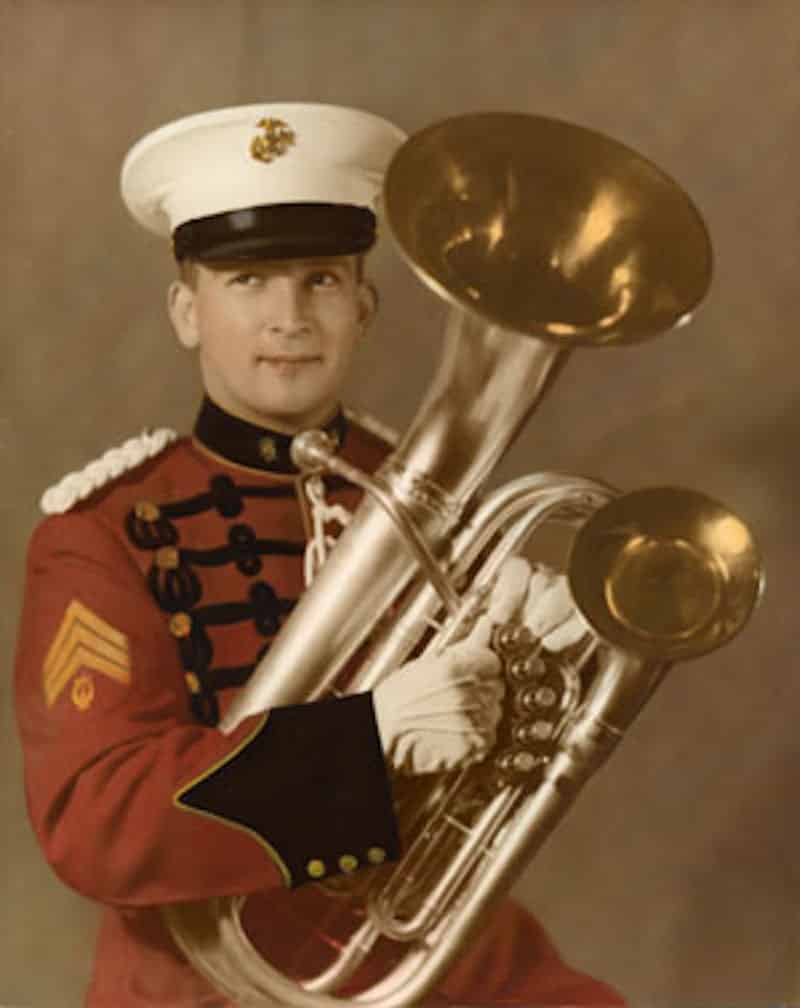
American euphonium virtuoso and soloist Arthur “Art” Lehman began playing with an Army band in 1944, followed by the Navy Band and then the Marine Band in 1947.
His use of the larger British-made euphoniums caused them to grow in popularity in the United States, where they hadn’t yet caught on.
Lehman worked with musical instrument company Boosey and Hawkes to develop euphoniums and the well-known “Lehman Special” parabolic-cup mouthpiece.
His consultation and influence on the music world and the euphonium itself have transformed the traditional American sound into the rich sound it has today.
9. Leonard Falcone
Leonard Falcone was an accomplished baritone horn virtuoso, conductor, arranger, and educator.
He began playing alto horn and violin in Italy as a young child and studied multiple instruments as a teenager.
Falcone emigrated to the United States on the heels of his brother, Nicholas, and enrolled at the University of Michigan.
After graduating with a degree in violin, he became the band director at Michigan State College, where he was responsible for the growth and development of the College of Music there.
His career has included military service with the United States Air Force Band in Alabama, performances at the White House, and decades of touring as a solo artist.
After his death, his students created the Falcone International Tuba and Euphonium Festival in his honor.
10. Adam Frey
Adam Frey is a euphonium soloist and ambassador known for his international tours and advocacy for the instrument.
His repertoire includes over 140 works composed specifically for him.
Frey hosts the annual International Euphonium Tuba Festival at Emory University and serves as Associate Professor at the University of North Georgia.
He has performed as a guest soloist at festivals worldwide and with orchestras, including the Boston Pops.
In 2020, Frey announced his plans to spend a semester working on an original euphonium textbook, contrary to the traditional adaptations from trumpet and trombone lessons.
His will be the first euphonium textbook ever written in three languages.
11. Robbert Vos
Euphonium soloist and conductor Robbert Vos began his musical exploration with the flugelhorn before switching to the euphonium.
He plays with the Marine Band of the Royal Netherlands Navy and the five-time Dutch Champions Brass Band Schoonhoven.
Vos has received multiple awards as a soloist, including “Bess Soloist” at Brass in Concert in 2016.
He’s studied under master euphonium teachers such as Steven Mead and David Childs and released two solo albums, DUAL and VOX.
12. Bente Illevold
Norwegian musician Bente Illevold is a euphonium soloist and educator best known for her innovative performances and original works.
She first played the trumpet in school, picking up the euphonium when her school’s band needed a player.
Illevold says she always knew she would study music and that it simply never occurred to her to study anything else in college.
She always imagined she would go on to teach at some level, she says.
She is passionate in her advocacy for the euphonium and hopes to watch its repertoire expand in new and exciting ways.
Currently, Illevold works as a freelance musician, guest teacher, band conductor, and member of the Northern Lights Duo.
13. Simone Mantia
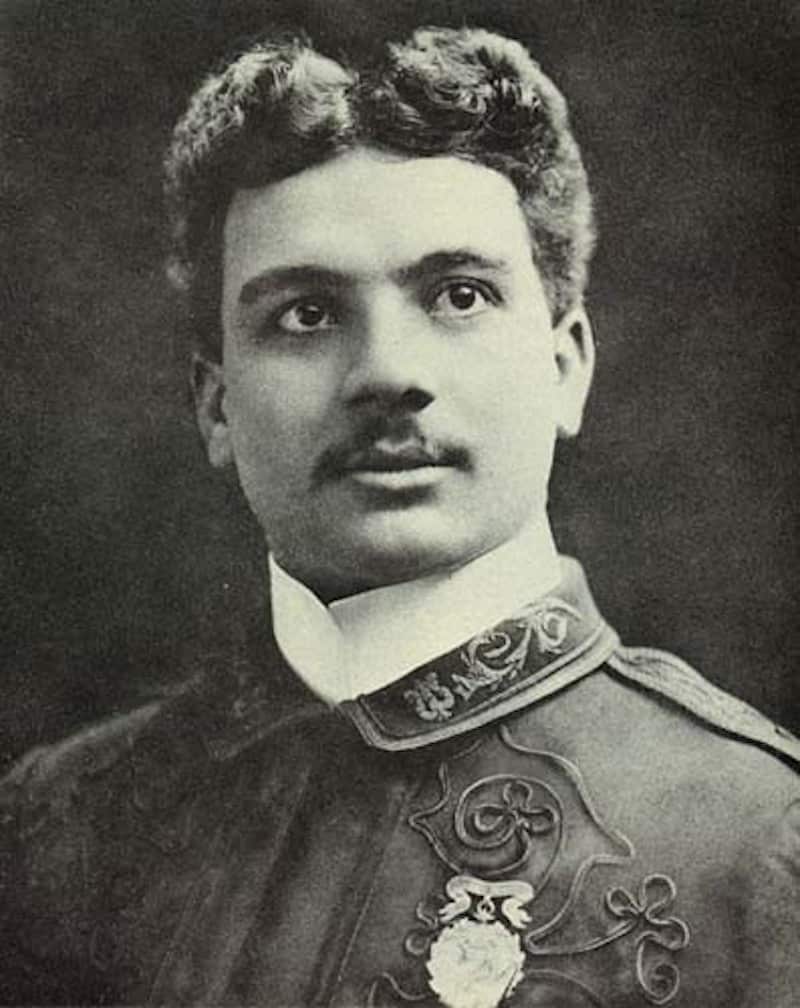
Simone Mantia, often called the master of the euphonium in his time, began playing the alto horn at just nine years old.
He later picked up the valve trombone and baritone horn, and by the time he emigrated to the United States at age 17, he was sufficiently proficient at all of them to support himself with his music.
As his career developed, he played with such orchestras as the New York Philharmonic, the NBC Symphony, and the Arthur Pryor Band.
His legacy includes some of the first euphonium recordings ever made, as he was one of the earliest masters of the instrument in the age of recorded sound.
Mantia’s playing style was particularly unique in that he refused to play with the traditional European vibrato and instead preferred to play on an American baritone.
In this way, he was rather the opposite of Leonard Falcone, who would emigrate and rise to recognition after Mantia’s time.
Summing up our list of Greatest Euphonium Players
When it comes to the euphonium, there are many players that have made significant contributions and we’ve highlighted just a few of them here.
We hope you take some time to explore these great musicians and their music.
We’ll be adding to this list so let us know who you think we’ve missed off this list and we’ll add them in!

